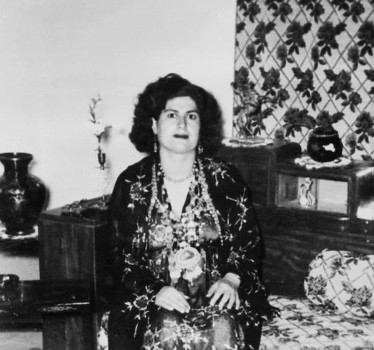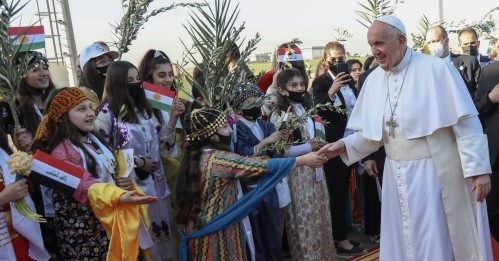There are many ways to evaluate the skills, talent, knowledge, and leadership. Comparing leaders from different backgrounds within the same field can reveal valuable insights.
In this article, I will compare the legendary leader of Kurdistan, General Mustafa Barzani, who fought for the freedom of Kurdistan, by providing examples of leading generals of his time and against whom he faced in battle.
Through the course of his revolutionary life, General Mustafa Barzani squared off against Ottoman, British, Russian, French, Syrian, Iraqi, Iranians, Turkish, and Soviet generals. Most of these men were the best generals that their countries had to offer and educated in their top military academies.
Iraq generals who faced Barzani
Jaʿfar Pasha al-Askari, Iraqi Defense Minister, educated in the Ottoman War College and German War Academy. During World War I, he joined the British Arab Army against the Ottomans and was one of the founding members of the Iraqi Army with British help. According to British Officer Garrod, who participated in the battle of Barzan in 1931–1932 “… in the opinion of the Iraqi Minister of Defence, al-Askari, the country northwest of the Kuchuk [Rezan river] (Barzan) presented such difficulties that the Iraqi Army could not hope to deal effectively with the rebels in that district …”
Many British officers were with the Iraqi Army, including Major General Rowan-Robinson, Inspector-General of the Iraqi Army, which was totally defeated, only to be rescued by the British Royal Air Force and British Indian troops.
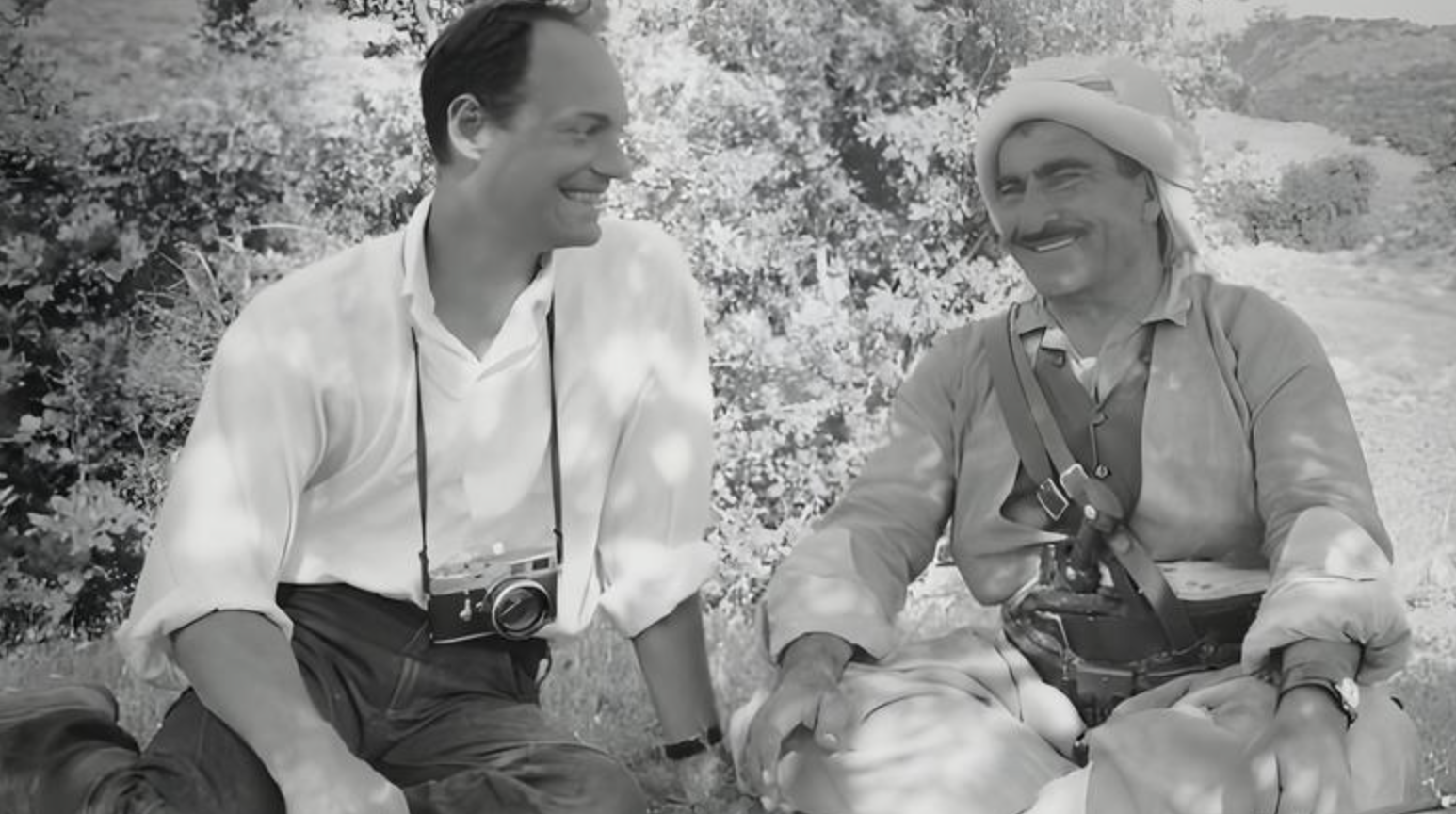
Another Iraqi general who encountered Barzani both militarily and politically in the 1930s and 1940s was Nuri Said Pasha, the Iraqi strongman who remained in power for several decades. Said was educated in Istanbul during the Ottoman Empire in a war college, mainly by German instructors. After the defeat of the Iraqi Army in 1943 by Barzani forces, he became the first Iraqi Prime Minister to declare his readiness to recognize Kurdistan’s autonomy in January 1944.
Abdul Salam Arif, a general and then president of Iraq from 1963-1966, was educated at both the Iraqi military academy and under the British Army during World War II. This second generation of Iraqi generals were mostly British-educated and frequently clashed with General Mustafa Barzani during the wars of liberation in the 1960s. In later years, some were educated in the Soviet Military Academy - yet, they too suffered defeat after defeat.
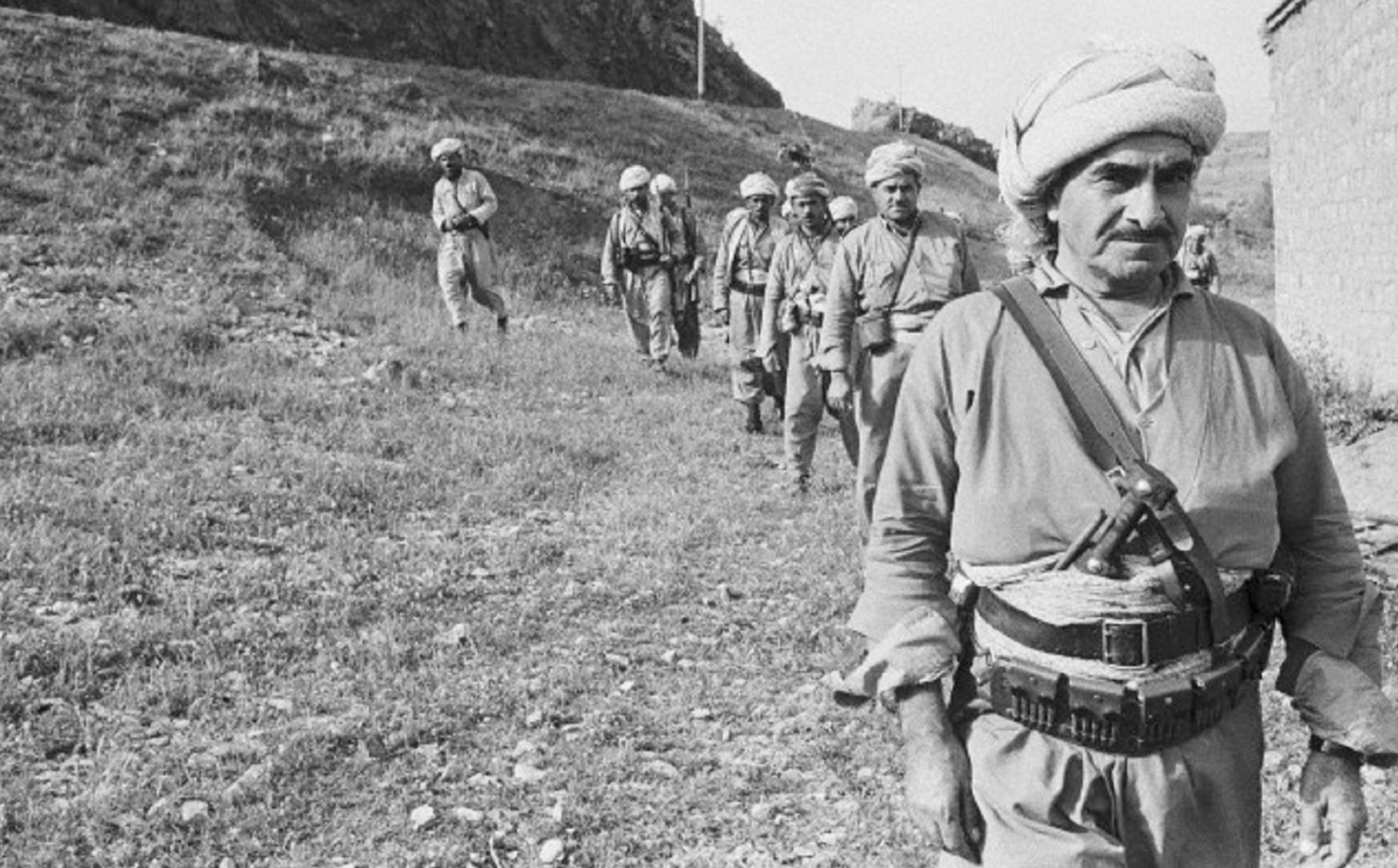
Iranian generals who faced Barzani
Here we can compare some Iranian generals who faced Barzani in the war theaters in 1946-1947. Amanallah Jehanbani was assigned to Kurdistan during the Republic of Kurdistan and He was trained in Imperial Russia and later in France, before the war with Barzani. In addition, he was trained in the French Military Academy at the graduate level. The other important Iranian General who faced Barzani was Haj Ali Razmara. After graduating from the Military Academy in Tehran, Razmara studied at the Military Academy in France. Both had served as Chief of Staff in the Iranian Army.
Furthermore, Iranian General Fazlullah Homayuni, educated in Europe and trained by the Swiss Armed Forces, commanded Iranian forces against Barzani during the withdrawal from Eastern (Iranian) Kurdistan in March–April 1947. His command included three brigadier generals and six colonels. Despite their numerical and technological superiority, and the backing of a formidable air force, they were defeated in every attack they launched. Former American ambassador William Eagleton, author of The Kurdish Republic, described this war as “…from 11 March until 15 April [1947], an epic in the annals of such warfare.” There were many other Iranian generals involved in these wars, but these six illustrate the point.
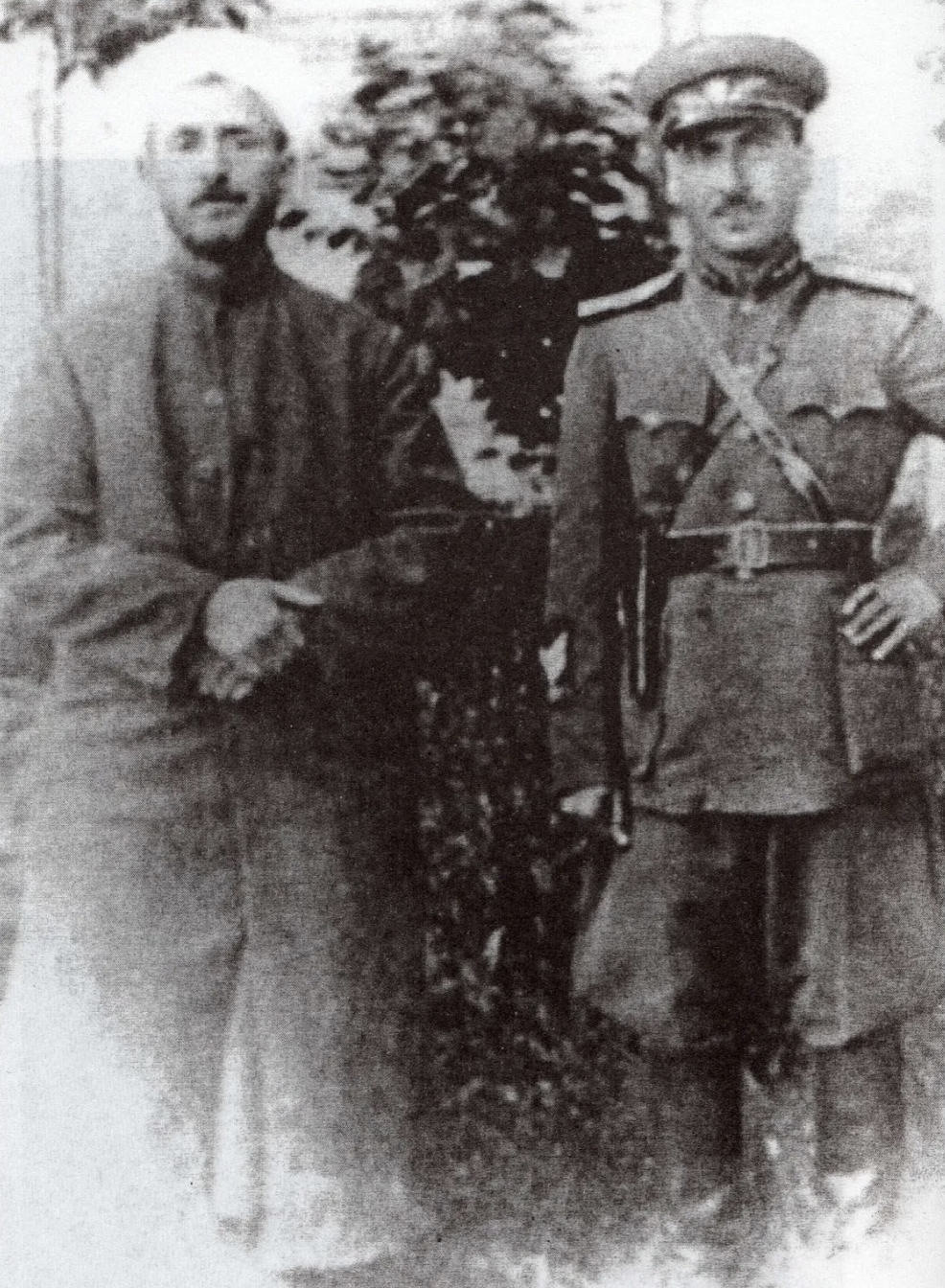
Life and education
General Mustafa Barzani was born in 1903 in Barzan to an aristocratic family that had held spiritual leadership of the Barzan Region for several centuries. He was educated at home and tutored by his elderly brothers and his maternal uncle, a well-known aristocrat at that time. As part of family tradition at an early age, he became a mediator in the region, whether it be property issues, family conflicts, or tribal conflicts, building his reputation as a master of conflict resolution and a peacemaker in the community.
Later, Barzani studied in a traditional Kurdish school, where he was well-versed in Islamic Law, as well as in the traditional/customary laws he had already mastered. During his exile in Moscow, he studied the Russian language, economics, geography, and science at the Academy of Languages. He was fluent in Kurdish, Arabic, Persian, and Russian, with a reading level in English.
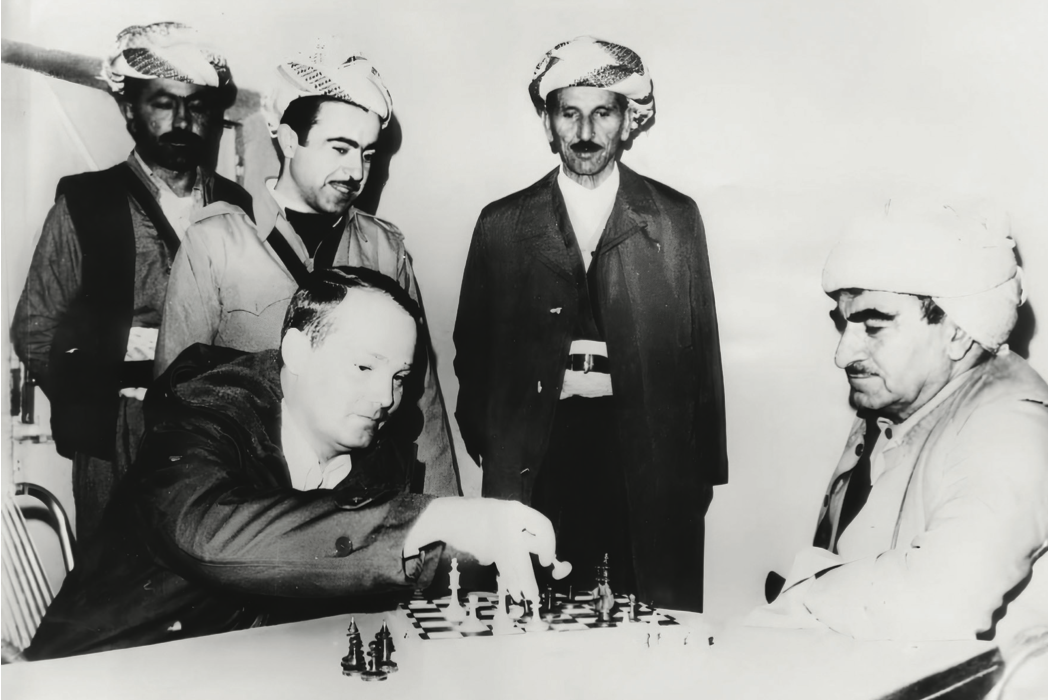
Why did Barzani outperform elite generals?
While in the former Soviet Union, the Western media speculated about him being educated in a military academy and serving in the Soviet Army. Fortunately, he clarified that this was false during many subsequent interviews with the international press.
Yevgeni Primakov, former Russia Prime Minister, who knew Barzani well and had access to the Soviet archival document, said this about Barzani: “Neither he nor any of those who crossed the border with him ever served in the Soviet Armed forces; the widespread rumor that Barzani was a general in the Soviet army is nothing but a lie.”1 Barzani was a General in the Republic of Kurdistan in 1946 and the Chief of Staff.
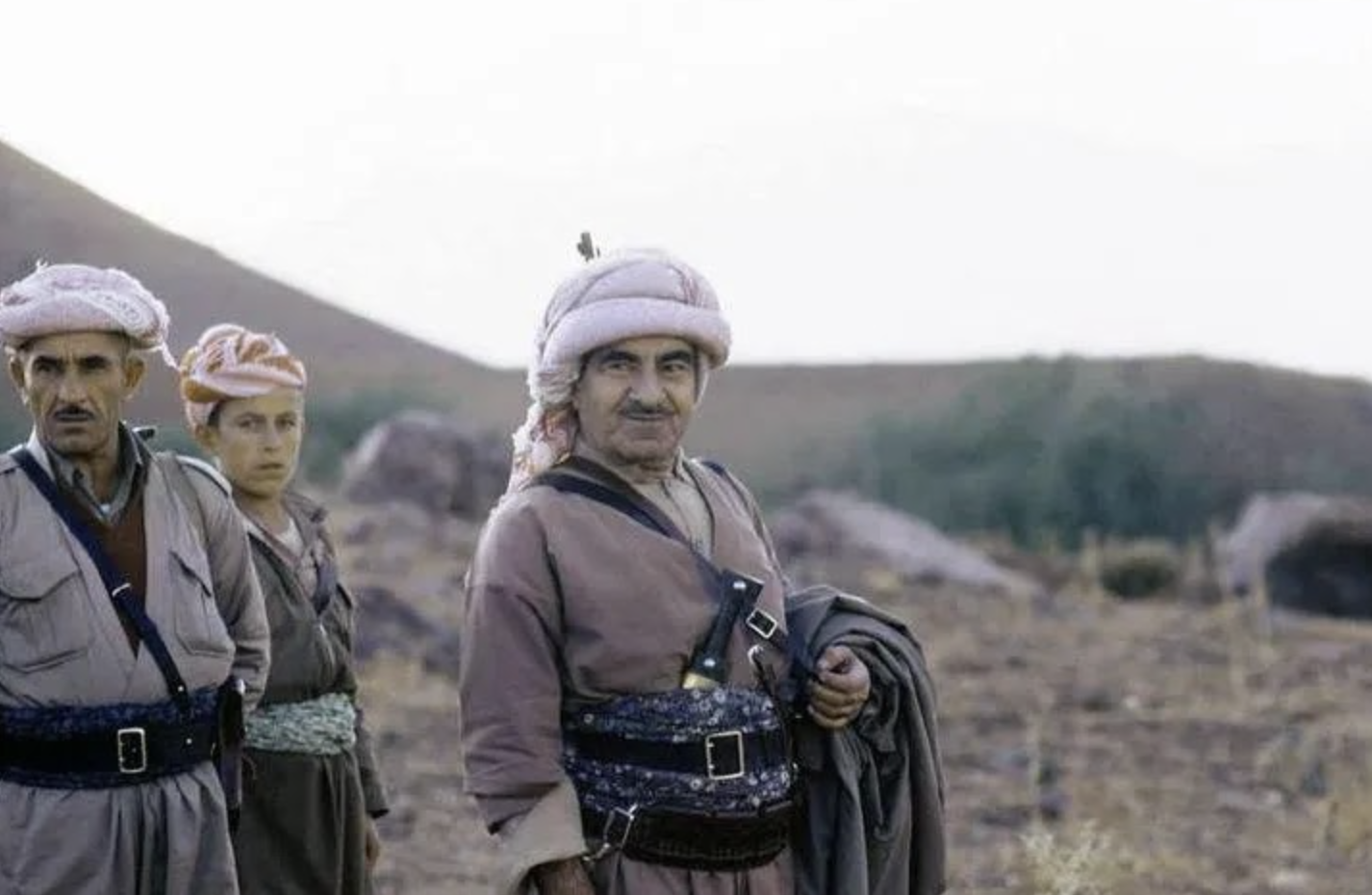
Barzani’s military success was often subject to speculation. How could he consistently defeat so many different armies and so many different generals? The Famous New York Times Middle East Correspondent Dana Adam Schmidt asked him this question during his visit to Barzani in 1962. According to Barzani, Iranian General Razmara claimed that the reason for Barzani’s success was that he had studied in London University and had been trained “ by Lord Montgomery himself…” The Iraqi Government similarly explained its inability to defeat Barzani on his having studied at the Soviet Military Academy. “The truth, Barzani explained, was that he had got his military training by fighting.”2
Paradoxically, most of the generals who Barzani faced studied military science in the best academies in the world, but Barzani studied only social sciences and law. Most of those generals are forgotten by their people, but Barzani is not just well known in Kurdistan, he is more well known in Iran, Iraq, and beyond.
1Primakov, Yevgeny (2015). RUSSIA AND THE ARAB WORLD BEHIND THE SCENES IN THE MIDDLE EAST FROM THE COLD WAR TO THE PRESENT (Trans. Paul Gould.) [Kindle Edition]
2Schmidt, D. A. (1964). Journey among brave men. Little, Brown and Company, Boston. U.S.A. (Pp 110 – 111)
Amed Demirhan is internationally recognized with multiple awards in librarianship. Multilingual, he holds a Master of Arts degree in Library and Information Science from the University of Southern Mississippi (USM), a Master of Arts in Dispute Resolution from Wayne State University in Michigan, and a BA in International Studies with a minor in Spanish from USM.
